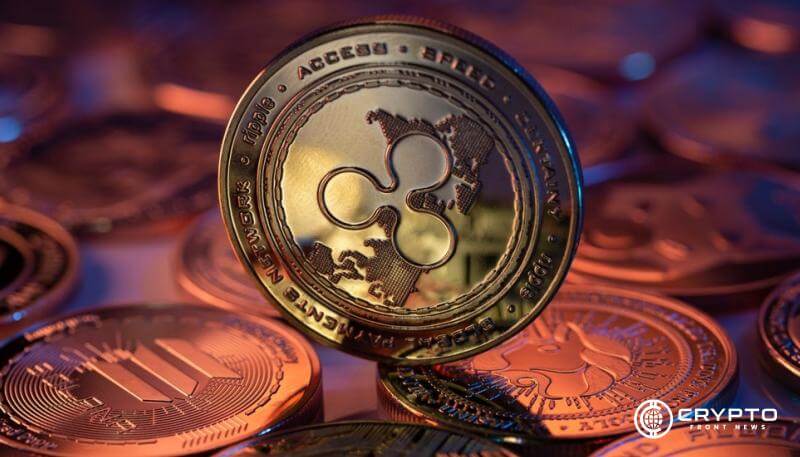- Ripple enhances real-time payment and settlement processes across banks.
- Ripple’s technology boosts efficiency and reduces operational costs.
- Ripple’s partnership with Apple innovates iOS Tap-to-Pay systems.
The financial sector is witnessing a transformation as it integrates decentralized and alternative payment methods into its traditional frameworks. With an increasing shift towards these modern solutions, institutions are now prioritizing the facilitation of smoother transitions into these innovative systems.
Among these, Ripple stands out as a leading technology that could redefine how financial transactions are conducted globally.
Financial institutions are now exploring the integration of non-traditional payment systems to stay relevant and competitive. By utilizing existing products and capabilities, they aim to serve as bridges to these new payment networks.
This strategic move not only enhances service offerings but also attracts new users looking for alternative financial solutions. The integration of technologies like Ripple allows these institutions to streamline operations, cut costs, and significantly improve customer experience by enabling real-time payments and settlements between entities without the need for traditional clearing houses.
Ripple’s impact is demonstrated through various case studies, such as Fidor Bank, which has incorporated the Ripple protocol into its settlement processes. This adoption has resulted in increased efficiency and a decreased reliance on conventional financial clearing mechanisms.
The potential expansion of Ripple’s technology to other banks could revolutionize the handling of cross-border transactions, highlighting its capability to transform the financial landscape profoundly.
A notable development in Ripple’s use is its recent cooperation with Apple to improve Apple’s Tap-to-Pay system for iOS users. This partnership shows Ripple’s strong ability to provide quick, safe, and efficient payment solutions. This could lead to more people using Ripple’s technology and might affect the market value of its native token, XRP.
As traditional financial institutions adjust to the digital economy, technologies like Ripple play a key role in creating a new age of financial services. These technologies help include underbanked people by providing micro-insurance and mobile payment options. They also help build a more connected and efficient global financial system.





